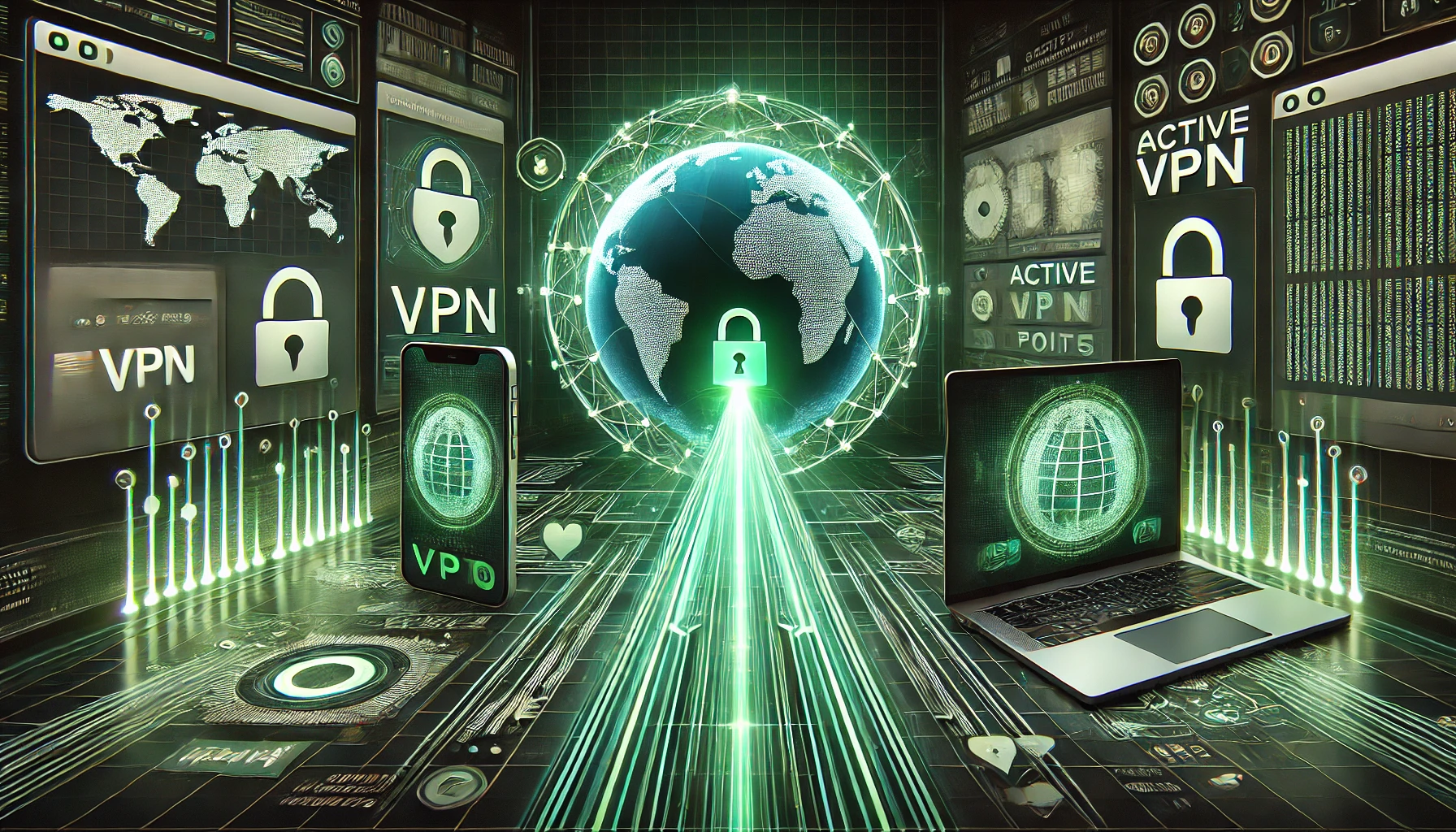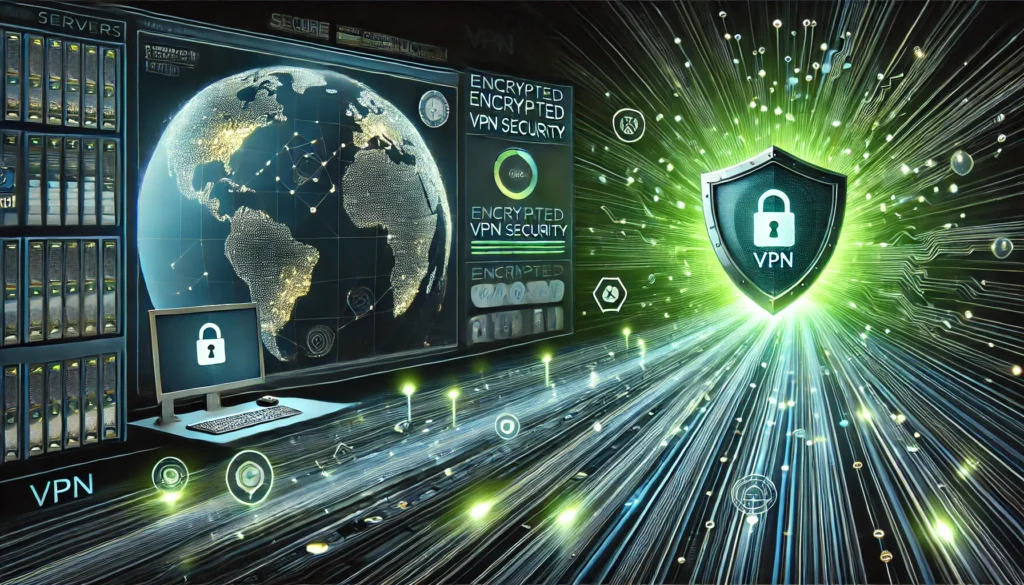
VPN Connection Unlocked: 7 Must-Know Secrets About Speed, Safety, and Setup in 2025
Main Takeaways
- A VPN connection protects your data by encrypting it and routing it securely
- Speed loss is possible but minimal with high-quality VPNs
- Key factors affecting VPN performance include server distance, protocol, and traffic load
- You can improve performance with better servers, protocol changes, and split tunneling
- Using a VPN helps bypass throttling, censorship, and boosts online anonymity
Table of Contents
- What is a VPN Connection
- How a VPN Connection Works
- Does a VPN Connection Slow Down Internet Speed
- How to Improve VPN Connection Speed
- Can a VPN Connection Increase Internet Speed
- Why ZovoVPN is Your Best Option
- FAQs

What is a VPN Connection
A VPN connection is a secure tunnel that protects your internet data by encrypting it and masking your IP address. VPN stands for Virtual Private Network, and it’s used to keep your online activity safe from hackers, trackers, and even your internet service provider.
VPNs are essential for anyone who values online privacy, wants to access content from other countries, or needs protection while using public Wi-Fi.
How a VPN Connection Works
When you start a VPN connection, your device connects to a VPN server before reaching the internet. All your data is encrypted during this transfer, making it unreadable to third parties.
VPNs rely on encryption protocols like OpenVPN, IKEv2, and WireGuard. Each of these has different levels of speed and security. For example, Cloudflare explains that these protocols form the backbone of most modern VPN infrastructures.
Does a VPN Connection Slow Down Internet Speed
Yes, but just slightly — and only if you’re using a quality VPN provider like ZovoVPN. A VPN may slow down your internet speed due to the encryption process and rerouting of your traffic, but with optimized servers and lightweight protocols, the difference is barely noticeable.
The impact of a VPN connection on speed depends on:
- Distance to the server
- Server congestion or load
- The protocol you choose
- Your base internet speed
Most users experience only a 5–10% drop, which is negligible during normal browsing, gaming, or streaming.
How to Improve VPN Connection Speed
Switch to a nearby server
Use your VPN’s smart connect feature or manually pick a server in your country or a neighboring region.
Change VPN protocol
Try switching from OpenVPN to WireGuard or IKEv2. According to ProPrivacy, WireGuard is one of the fastest and most secure protocols available.
Enable split tunneling
Only route selected apps through the VPN to free up bandwidth and boost speed for specific activities.
Use a wired connection
If possible, use an Ethernet cable for improved speed and stability.
Close unused apps
Background software can drain your bandwidth — always shut down what you’re not using.
Restart your router
Sometimes, refreshing your connection helps regain full speed.
Avoid free VPNs
Free VPNs are often overloaded, underpowered, and risky. Most lack transparency and can log or sell your data.
Can a VPN Connection Increase Internet Speed
Surprisingly, yes — especially if your ISP is throttling your connection. Internet service providers often slow down users when they stream or download large files. But when you use a VPN connection, your ISP can’t see what you’re doing, so it can’t selectively throttle your traffic.
This is one of the reasons gamers and streamers prefer using VPNs. Plus, it gives them stable pings, better access to regional content, and fewer buffering issues.
Why ZovoVPN is Your Best Option
At ZovoVPN, we’ve built our service for users who care about speed, safety, and ease of use.
Here’s what you get:
- Global server coverage
- Blazing-fast connections
- No-logs policy
- AES-256 encryption and WireGuard protocol
- Unlimited bandwidth
- Easy-to-use apps for all major devices
Our VPN connection is trusted by travelers, remote workers, gamers, and everyday users who want reliable internet freedom.
FAQs
What is a VPN connection used for
It’s used to encrypt your internet traffic, hide your IP address, protect your identity, and bypass geo-blocks or censorship.
Does a VPN connection reduce internet speed
Only slightly, and mostly if you connect to far servers or use older protocols. A fast provider like ZovoVPN keeps it smooth.
Can a VPN make your internet faster
Yes, especially if your ISP is slowing you down. A VPN hides your activity, making it harder to throttle your speed.
Is it safe to use a VPN on public Wi-Fi
Absolutely. A VPN connection adds a layer of security that protects you from hackers on unsecured networks.
What’s the best VPN protocol for speed
WireGuard is widely considered the fastest VPN protocol. It offers a great balance between performance and security.
✅ Want to experience the power of a fast, secure, and private VPN connection?
👉 Get Started with ZovoVPN Today and protect your digital life without compromising speed.




